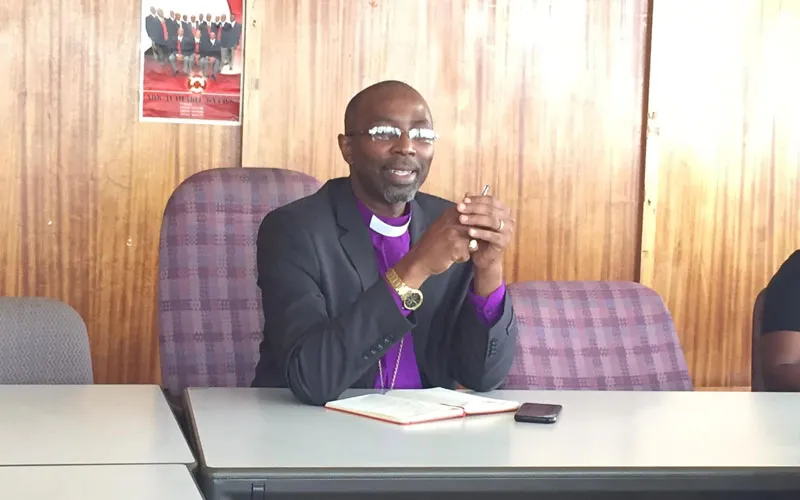Manzini, 11 November, 2022 / 9:00 pm (ACI Africa).
The Council of Swaziland Churches (CSC) has expressed concern about the rise in cases of intolerance that has been manifested in arson attacks and killings in the Southern African nation.
In a statement issued Monday, November 7, the church leaders in Swaziland call for a multi-sectoral response to the challenges in the country that is officially known as the Kingdom of Eswatini.
On November 4, gunmen reportedly executed a member of the Royal Guard stationed at the Ludzidzini Royal Palace. The report by the Sun Daily indicates that the executed member of the Royal Guard had been forced to record a video demanding that Eswatini's King Mswati III institute democratic reforms.
In their statement, CSC leadership says, “The current political situation in eSwatini is extremely worrying as it challenges and affects the safety and security of every liSwati.”
“What is most disturbing is that this is happening at a time when the nation and the world at large is still trying to recover from the devastating Covid-19 pandemic and other national challenges the country was dealing with before the pandemic,” the church leaders say in the statement signed by the Council Secretary, Rev. Zwanini Shabalala.








